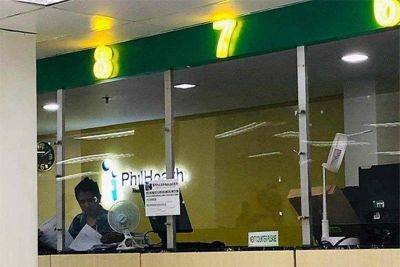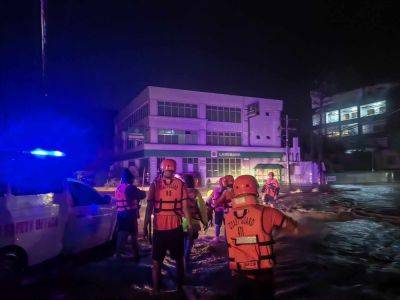Filipino youth and mental health – are we listening enough? Heads Up PH advocates for awareness, support
MANILA, Philippines — Broader and more open discussions on mental health remain a challenge in the Philippines despite the seemingly steady progression in recognizing, accepting and understanding mental illnesses, as well as the passing of the Mental Health Law in 2018 and continuous creation of succeeding legislations.
For the Filipino youth in particular, their desire for attention, understanding and openness about their mental health is still wanting. As a result, cases of mental health problems continue to persist and worsen among the youth. As we observe the National Mental Health Month this month, it’s high time to stop for a while, slow down and listen.
According to the World Health Organization, depression and anxiety are among the leading causes of illness and disability among adolescents, and suicide is among the leading causes of death in people aged 15 to 19 years old.
Data from the Department of Education (DepEd) for SY 2021-2022 highlighted that there were 404 recorded student suicides and over 2,100 suicide attempts.
Meanwhile, the 2021 Young Adult Fertility and Sexuality Study by the University of the Philippines Population Institute found that 62% of the Filipino youth who thought about suicide did not reach out for help, and only 2% of those who attempted suicide sought professional support.
Add to this, the number of registered mental health professionals in the Philippines is relatively low compared to other countries. It currently has 5,085 registered guidance counselors, 2,417 registered psychologists, and 651 registered psychiatrists. These numbers are not enough to accommodate the growing population of the country.
“In the Philippine public school system, there is only one guidance counselor serving 25,000 students,” says Dr. Sheila Marie Hocson, RGC, RPSy, RPm, LPT, and principal resource person for Heads Up PH, a program of Unilab Foundation.
Aside from not having enough guidance counselors, psychologists, psychiatrists and developmental pediatricians, she adds that access to private mental health services is expensive, adding to the troubling landscape of mental health in the Philippines.
Causes of the rising mental health concerns







